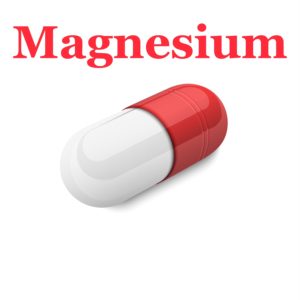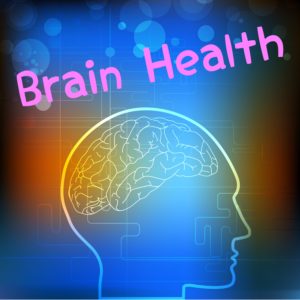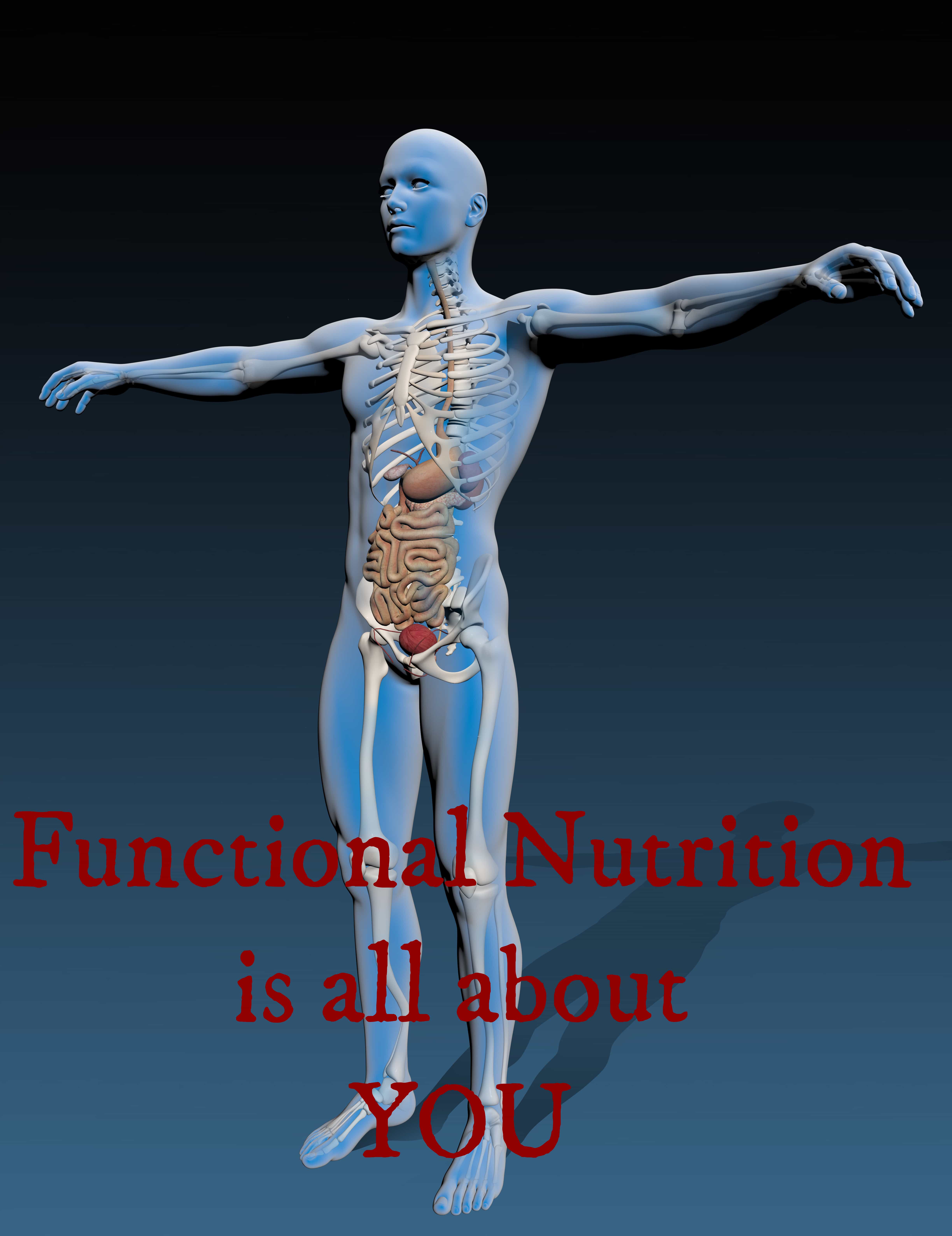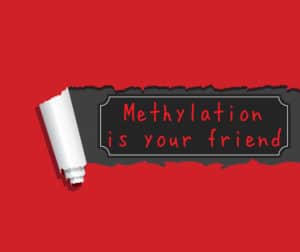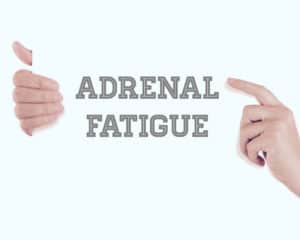(This post is a little off this blog’s usually topic, but important for your health nonetheless. It was written by an outside contributor. I hope you find this post informative)
Melanoma is a type of skin cancer that affects melanocytes—the cells of the skin that provide pigment. Usually triggered by ultraviolet light exposure, the genetic structure of the cells change and leading to cancer. Melanomas make up just 1% of all new cancers, but lead to the highest number of deaths. According to the American Cancer Society, there are more than 76,000 new cases of melanoma skin cancer every year and more than 10,000 people will die from the disease. It’s most common in older adults—the average age for diagnosis is 63—but it is not uncommon to see it in men and women age 30 and younger, which makes it one of the most common cancers for young adults.
Melanoma’s inborn traveling system
As with most cancers, the effectiveness of treatment depends on how early it is diagnosed. The longer a cancer has to grow and spread, the more difficult it is to treat depending on what other organs and tissues are involved. The spread of a cancer is called metastasis and for most cancer cells the process of invading surrounding cells and tissues takes time and great effort and time to spread throughout the body. However melanocytes—when they shift to a cancerous state—awaken a dormant process that allows them to travel much more efficiently than other cells and invade other areas of the body some types of cancer take years to reach.
Patients may be late to seek a diagnosis
It can be easy to overlook changes in your skin. Particularly in the places melanoma can form—like on the scalp, on the soles of the feet, between the toes, and yes, even under your fingernails. Men tend to delay medical care for skin changes more often than women do, but both groups may be likely to miss identifying early changes in their skin which raises the risk for advancement and metastasis before a diagnosis is made.
Know your risk and take measures for prevention
Everyone should understand their personal risk for the development of melanoma and take measures to prevent its development. Risk factors according to the American Cancer Society include:
- Exposure to indoor or outdoor UV light
- Moles
- Fair skin, freckles, and light hair
- Personal or Family history of melanoma
- Weakened immune system
- Age
- Being Male
- Xeroderma Pigmentosum
Researchers also say that in addition to these risk factors, some patients may also carry a genetic predisposition to the development of melanoma which can be identified with genetic testing. For those who may be at high risk for cancer, getting a liquid biopsy may help you learn more so that you and your healthcare team can better address health concerns on a more personalized level. Working with your healthcare team to make a plan that will help you monitor and prevent melanoma from developing is a very important step to treatment should it be required. Melanoma doesn’t have to sneak up on your body. Staying vigilant will help you be healthy for years to come. Talk to your doctor to learn more about your risks of Melanoma.

